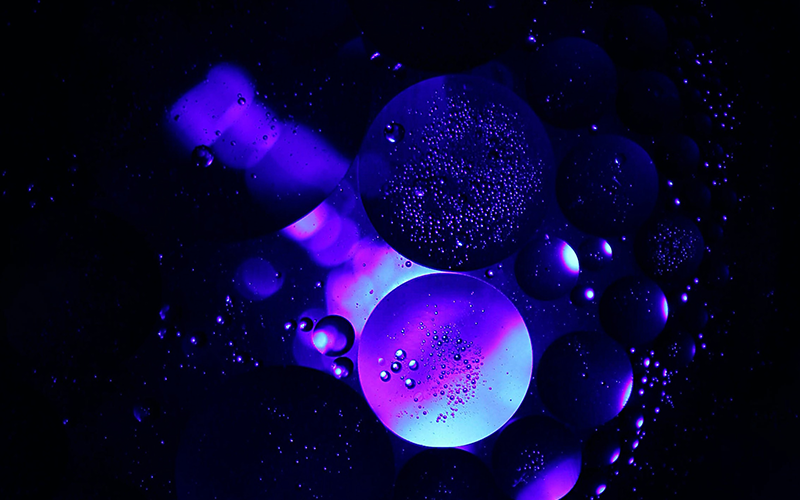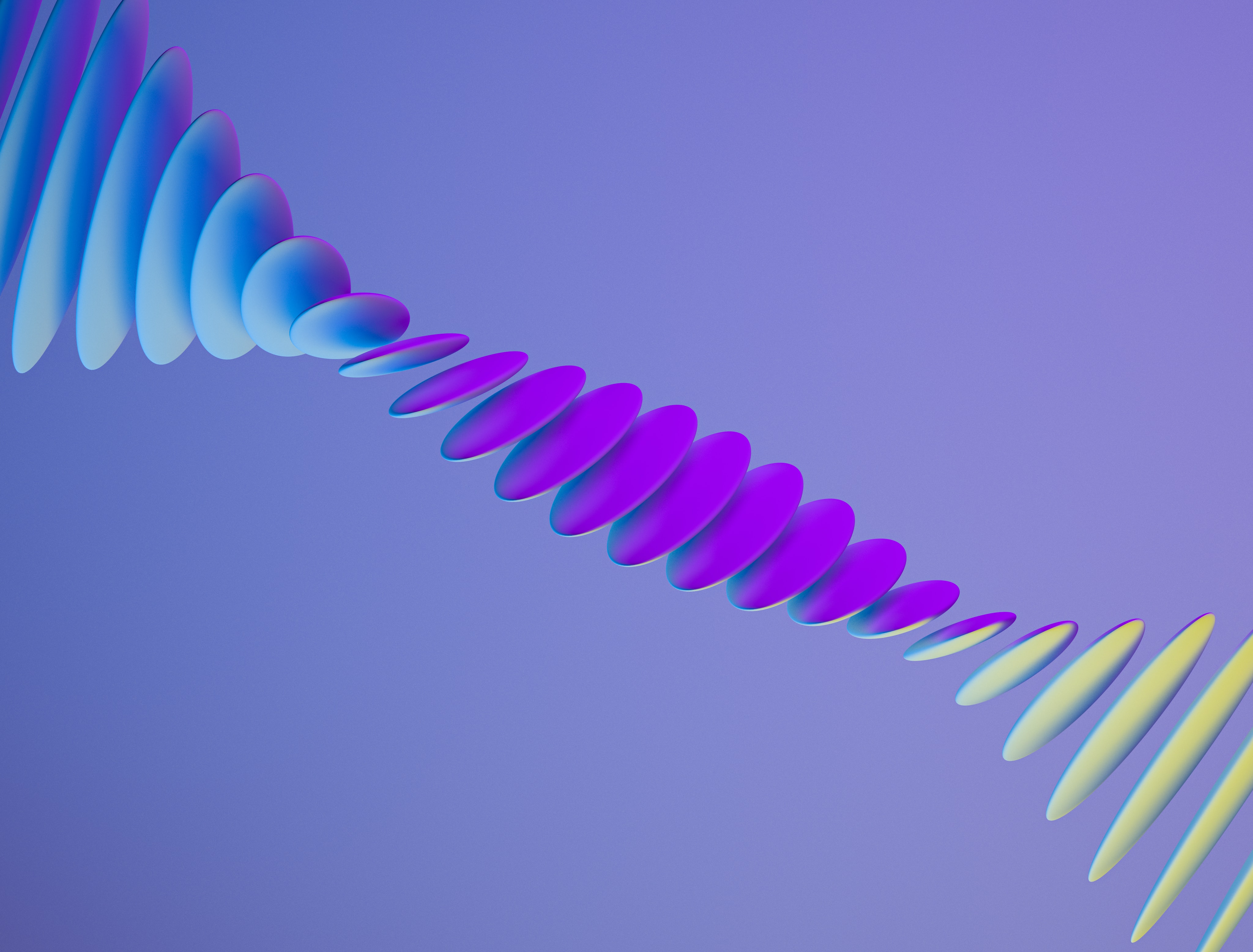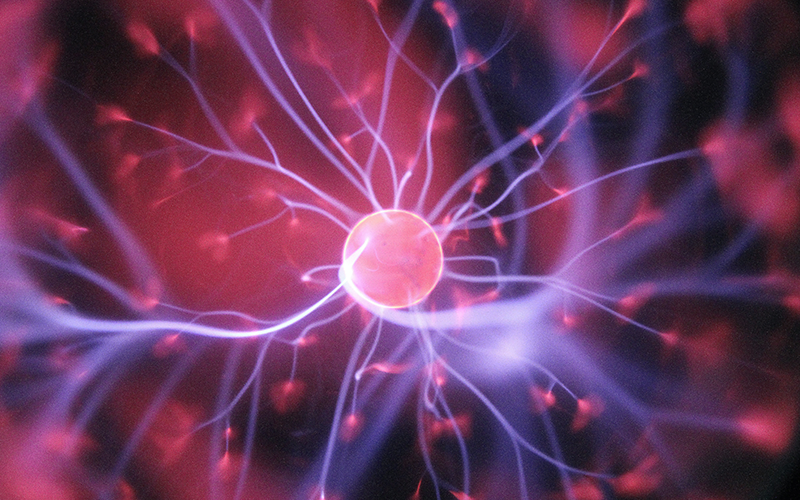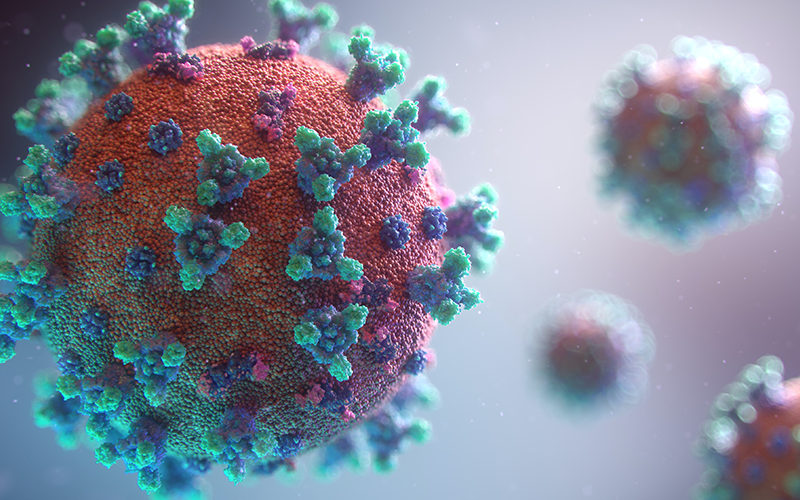
Our aim was to assess the long-term clinical outcome of boron neutron capture therapy (BNCT) using 10B-paraboronophenylalanine (BPA) as the boron delivery agent for cutaneous melanoma. Eight patients (eight lesions) were treated between October 2003 and April 2014. Their ages ranged from 48 to 86 years at the time of treatment.
All of the targets were primary lesions and they were located on the sole or face. No patient had evidence of regional lymph node involvement, distant metastases or an active secondary cancer. The clinical stage was cT1-2N0M0 and performance scores were <2. BNCT was carried out at the Kyoto University Research Reactor (KUR). The patients were irradiated with an epithermal neutron beam between the curative tumor dose and the tolerable skin dose. Eight patients were evaluated and six showed a complete response (CR), while two patients had a partial response (PR).Of the two patients with a PR, one has remained a PR with brown spots persisting for 7.5 years following BNCT.
The tumor in the other patient recurred after 6 years at the site of persisting brown macula. The overall control rate (CR+PR without recurrence) for the cohort was 88% (7/8). There have never been any adverse events>Grade 2 for the long follow-up period. Our results suggest that BNCT may be a promising treatment modality in the management of early stage cutaneous melanoma when wide local excision is not feasible.
Keywords: BNCT; celanoma; ckin; clinical results



